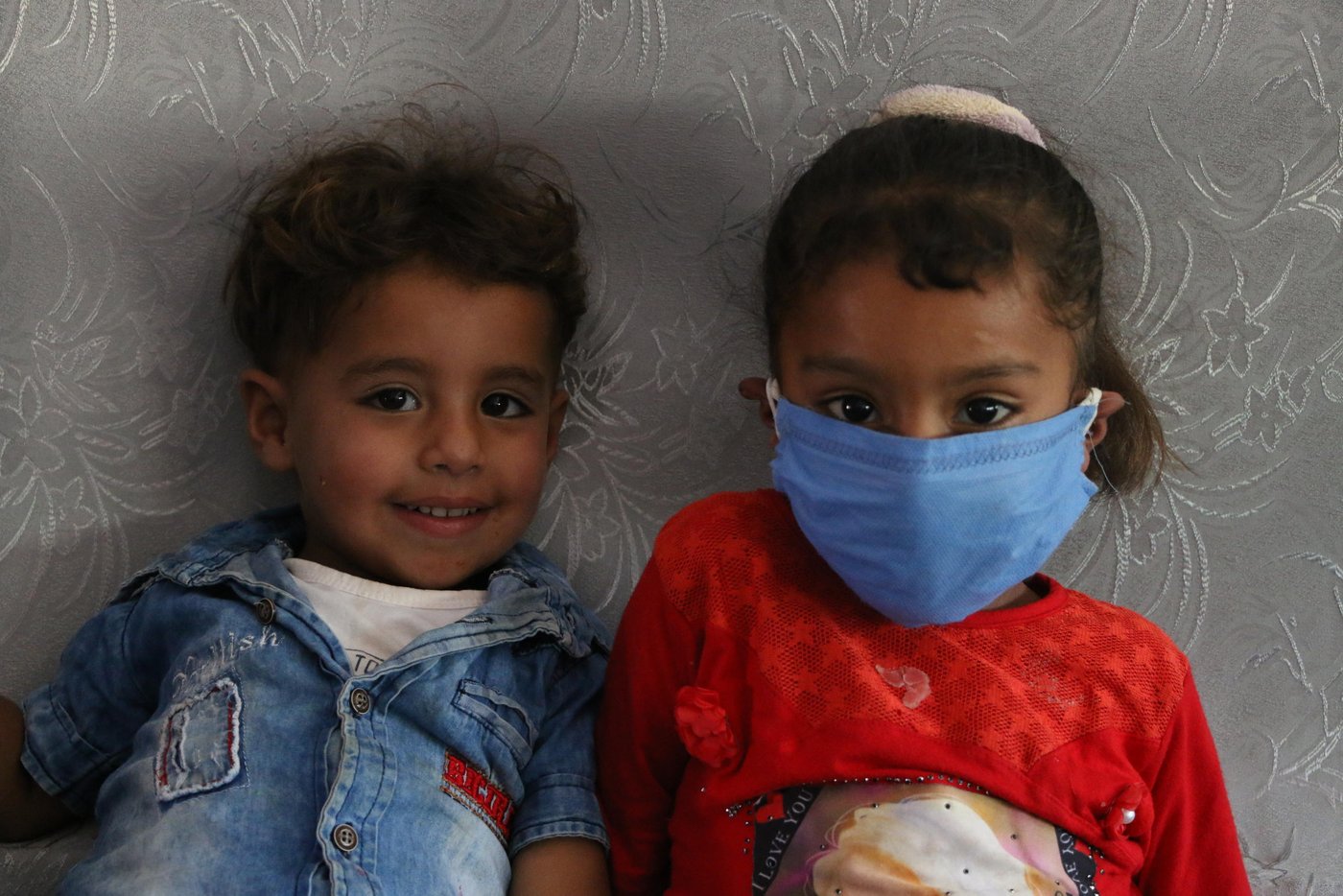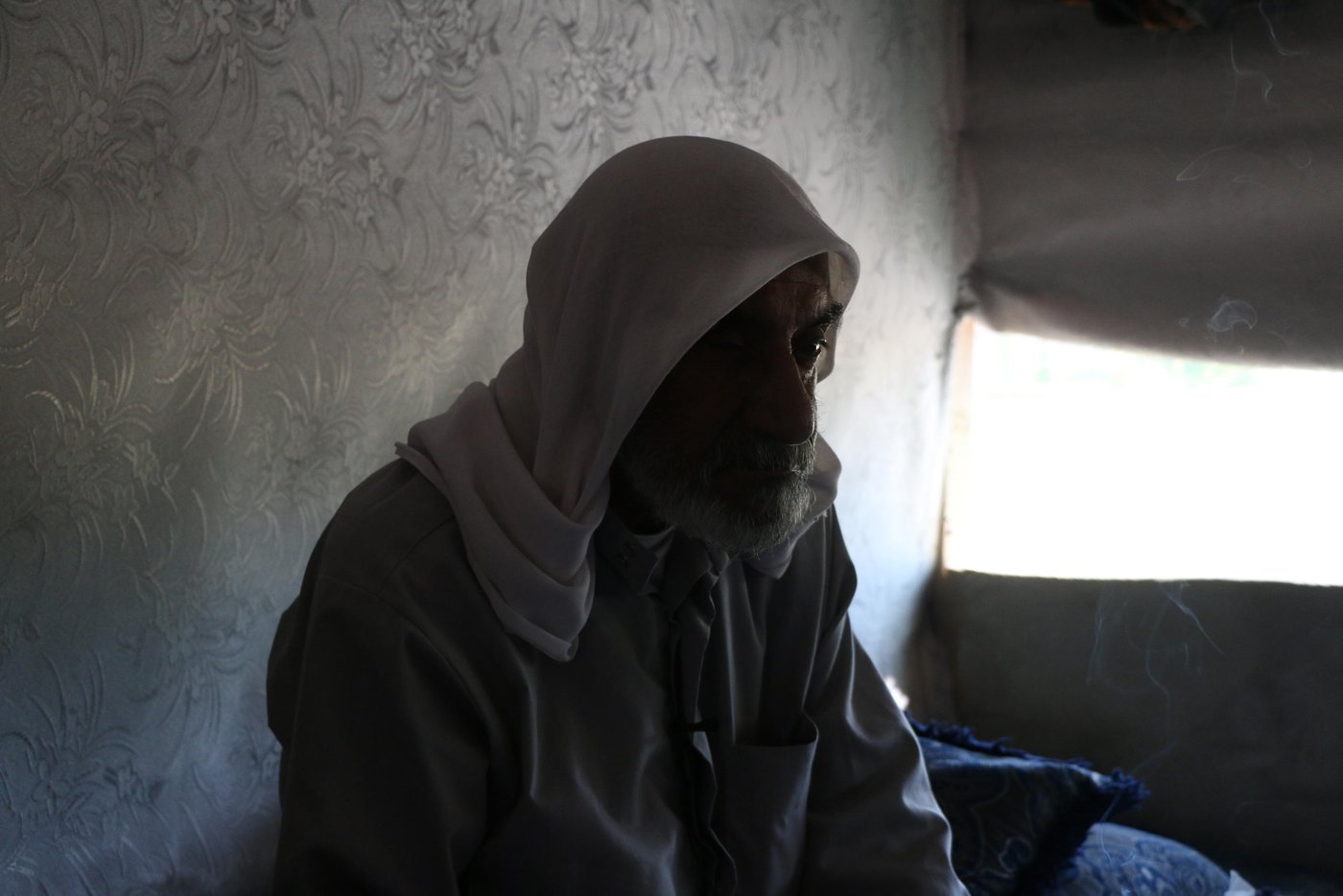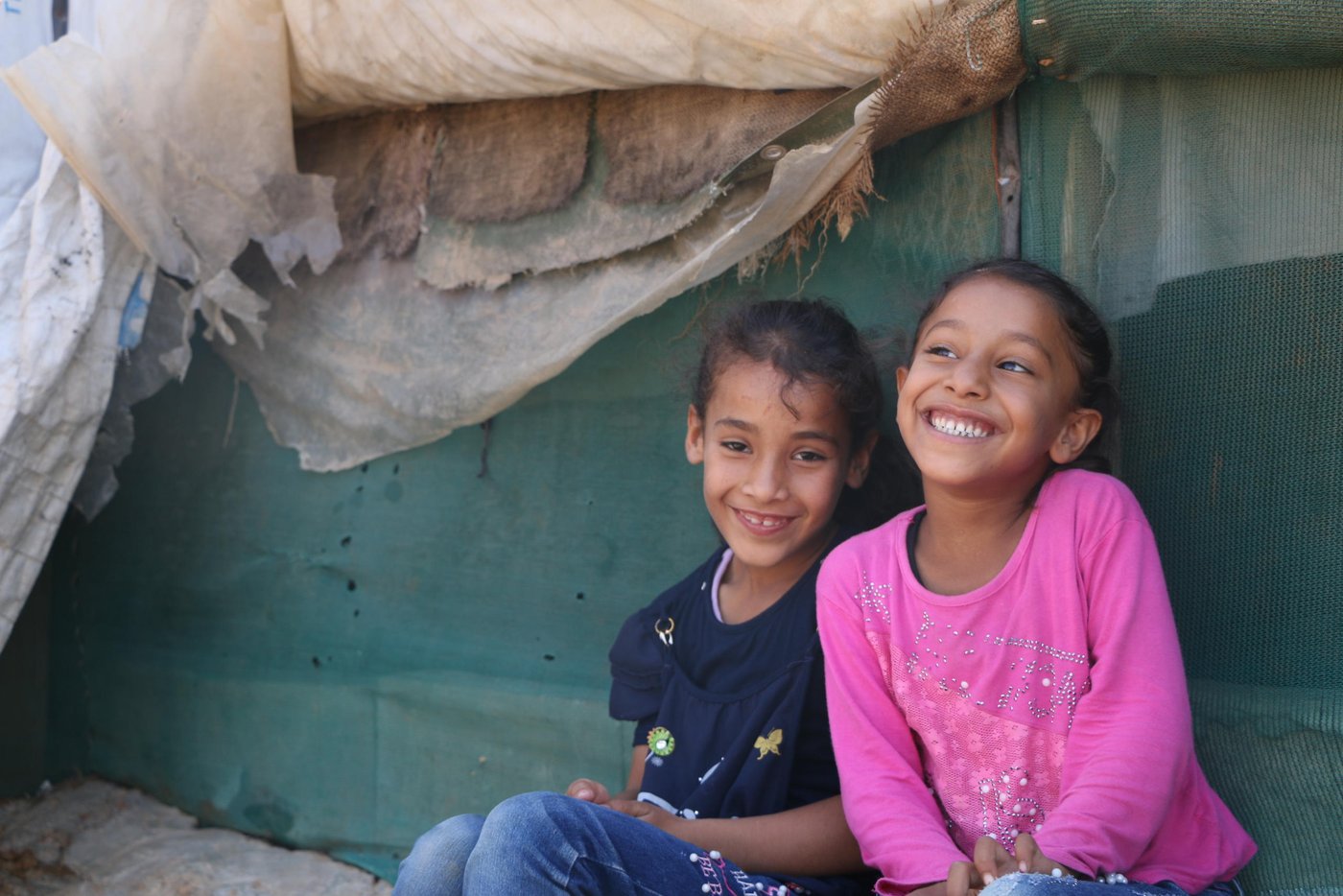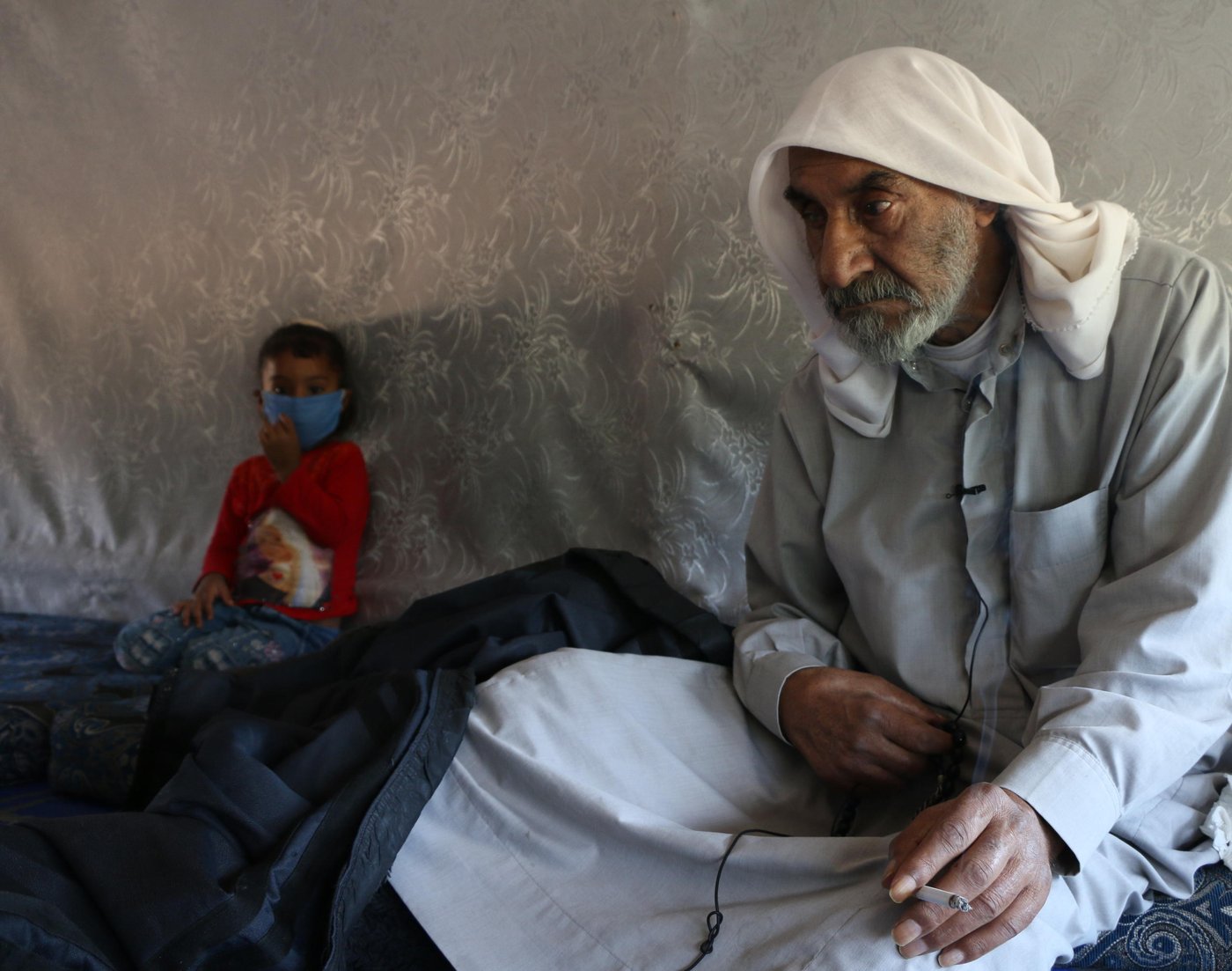Nine years into the Syria crisis, Lebanon remains the country with the largest number of refugees per capita in the world, hosting an estimated 1.5 million Syrians.
Since mid-October 2019, Lebanon has been experiencing political and social unrest and a deteriorating financial situation. Then, in August 2020, an explosion devastated half of the capital city, Beirut.
These events have had a major impact on the lives of already vulnerable communities all over the country. Syrian refugees have been particularly affected, lacking any kind of safety net. With work becoming scarce and unemployment increasing, Syrians are struggling to make ends meet to provide for their families.
In addition, refugees in Lebanon continue to face barriers to obtaining civil documentation, especially birth certificates. This jeopardises their children’s right to an identity and may limit their access to services such as education, healthcare and humanitarian aid when they are growing up.
The Norwegian Refugee Council (NRC) works to support refugees and displaced people in over 30 countries around the world, including Lebanon. Support our work today
Increasing worries
Khodor, 70, is originally from Homs, in western Syria, and fled to Lebanon with his family in 2011 shortly after the Syrian war began. He and his family found shelter in the form of a tent in Masharih al-Qaa, a little town near the Syrian border.
Lebanon has brought the family some good memories. Khodor’s children got married and he is now a proud and caring grandfather. However, life has not always been easy. Khodor fled Syria to seek a safer life for his family, but found himself having to worry more and more about their future as years went by.

“We lived in fear in Syria and I don’t want my grandchildren to feel the same in the future,” he says.
“I was a shepherd with my own house, but unfortunately during the war it was taken away from us by force by people who are now occupying it,” Khodor continues.
“Nothing is affordable anymore”
As the Lebanese currency has lost its value, prices in the country have begun to rise sharply. This has made life difficult for Khodor and his family.
“With prices in Lebanon becoming so expensive, we can’t live a decent life,” says Khodor. “A bag of sugar used to cost 17,000 LBP but today is above 75,000 LBP [equivalent to USD 50].”
“The oil tank used to be 30,000 LBP, now it is 110,000 LBP. It is unbelievable! The prices are unreasonable, nothing is affordable anymore, and how can we make a living?”

How we helped Khodor and his family
Seventy percent of Syrian refugee children who are born in Lebanon lack complete birth registrations.
When Khodor’s grandchildren were born, the family was not able to register their birth because they didn’t know about the process and they lived in a distant town with limited transport options.
“My children are all legally registered in Syria and they served in the army. I know how important it is to have all your legal documents in order and I don’t want my grandchildren to suffer because of it,” says Khodor.
As part of NRC’s Information, Counselling and Legal Assistance (ICLA) programme, we reached out to Khodor’s family through a joint project with the International Rescue Committee (IRC) and Humanity Inclusion (HI), with support from the UK’s Foreign, Commonwealth and Development Office.
Our aim was to help Khodor’s family register the births of those children who were born in Lebanon. We gave them information on legal assistance and referred three of Khodor’s grandchildren to the International Rescue Committee (IRC), who supported them with the birth registration process.

Dreaming of home
Khodor still dreams of his old life in Syria. Recalling happy memories is part of what keeps him going. “The situation was very good in Syria before the war, very safe,” he says.
“I really miss my home, my relatives, my hometown and my country. However, in Syria today, I don’t have anything that I can return to. I only have my house – which might be occupied.”
“It’s safe here in Lebanon. We don’t hear gunfire and we feel secure knowing that no-one will hurt us again. But of course, we want to return when the conditions allow it.”


